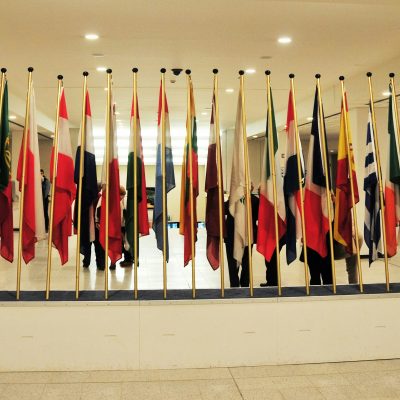A new internal security strategy for the European Union

The European institutions’ output of reports, programs, strategies, action plans, conclusions, resolutions, communications, guidelines, recommendations and other roadmaps is probably too abundant to allow us to pay attention to everything that comes out of the offices of the Commission, the Council or the Parliament. In this profusion, however, some documents stand out more than others, and this is certainly the case with the European Union’s new internal security strategy, published on 1 April.
The European internal security policy is still not well known: people often ignore that the European Union is actively involved in terrorism, money laundering, drug trafficking, border protection or the harmonisation of criminal legislation. This is all the more the case as this policy has been built up empirically, and constantly intermingles the competence of the Union and that of its member states, with no clear dividing line between them. It is hardly surprising, therefore, that virtually no one has heard of the spectacular announcements made by President von der Leyen at the start of her second term of office: the doubling of the number of staff at Europol, the agency responsible for supporting Member States in the fight against crime, and the tripling of the number of European border guards, who are under the responsibility of the Frontex agency.
However, the internal security strategy deserves our attention, not only because it sets out guidelines for the coming years, but also because it responds directly to strong social expectations, unlike other European policies which are undoubtedly more integrated but more abstract for the European citizen. Terrorism and organised crime remain very serious threats, requiring a response on a European scale – the scale of the area of free movement – and several tragic episodes in France and Germany have recently drawn attention to the Union’s shortcomings at its external border, at the risk of weakening the legitimacy of free movement.




